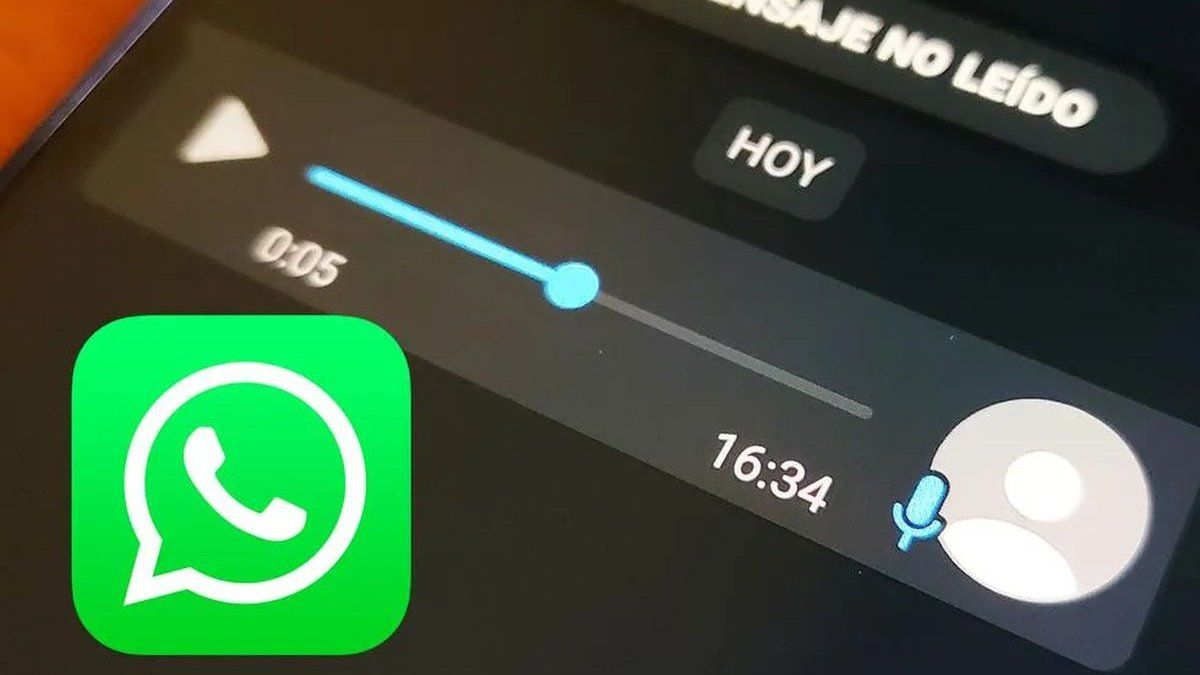Communication is constant evolution. Today, most ties occur through social networks, or at least interactions with them. For example, The classic called today are already easily replaced by audios. This caught the attention of psychology.
Mental health experts and neurolinguistic programming explained the psychological factors that lead people to have this preference. Because although it is something super normalized, there are a number of emotional processes that are exposed if it is a Recurrent choice
WhatsApp Audios.jpg
The new WhatsApp tool converts audios into text maintaining user privacy.
What it means to send audios instead of calling, according to psychology.
The audios arrived to definitively transform the way we communicate. In recent years, telephone calls began to be received as a Invasion of personal space. Faced with this, many people choose to send audios: one way not to bother the other and allow you to listen to the message when it is convenient. However, behind this choice there may be something deeper.
The psychiatrist and psychoanalyst José Abadi He explained, in dialogue with Infobae, that audios offers a certain Acceptance guarantee. “More than comfort, it is the security that the other wants to receive my message or know of me,” he said. In addition, he pointed out that voice messages activate a different emotional dimension To that of a telephone conversation: “The audios seem spontaneous, make us feel close, but at the same time they generate a distance that affects the intimacy of the link.”
Along the same lines, the doctor in Psychology and Teacher Flavio Calvo highlighted the efficiency From this resource: “voice messages allow time to optimize, since they are quickly recorded and avoid extensive conversation.”
The three psychological factors that explain the audios phenomenon.
The enormous popularity of voice notes is not only due to their practicality. According to experts, this form of communication responds to three psychological processes that, far from prioritizing the comfort of the receiver, they point to satisfy emotional needs of the issuer.
On the one hand, audios allow Control the communication scenario. Unlike a phone call, where everything happens in real time, voice notes can be recorded, correct, eliminate or rehearse. According to the psychiatrist José Abadithis gives the feeling of having total control over the conversation, both in the content and in the tone with which it is transmitted.
In second place, avoid the interruption of the other. For many people, talking on the phone implies the discomfort of interacting in real time. Instead, audios allow developing an idea from beginning to end without interruptions. The neurolinguistic programming expert Anna Flores points out that this reveals a growing trend to individualismwhere the important thing is to transmit the message When and how you want.
Finally, voice notes offer the possibility of hide emotions. Being a asynchronous communication, who records can choose which tone to use, what part of its emotional state show, and even rehearse its best version. According to flowers, these types of messages often become a Act of egocentrismin which attention focuses more on what one means that on real interaction with the other.
Source: Ambito
I am an author and journalist who has worked in the entertainment industry for over a decade. I currently work as a news editor at a major news website, and my focus is on covering the latest trends in entertainment. I also write occasional pieces for other outlets, and have authored two books about the entertainment industry.




